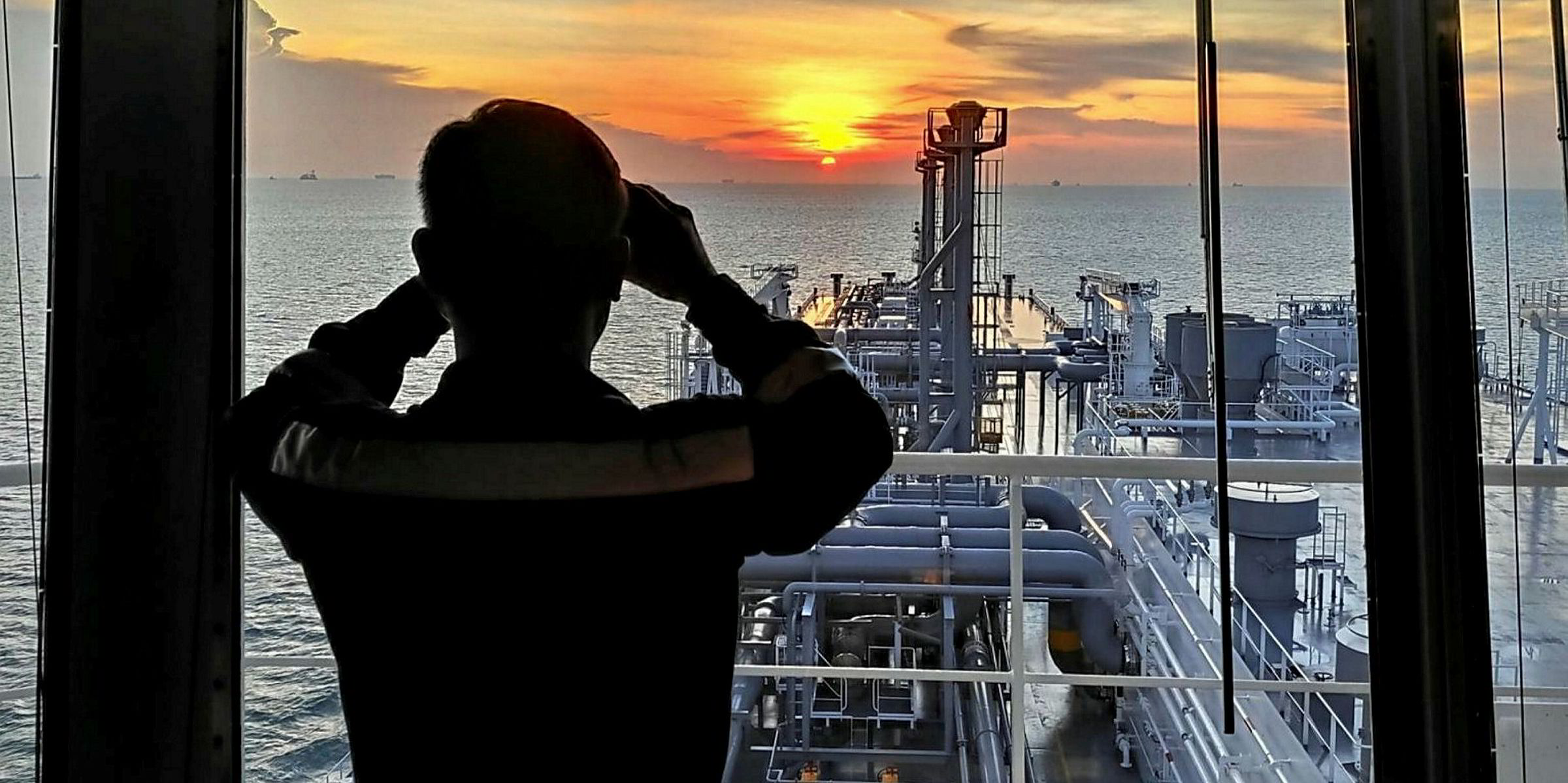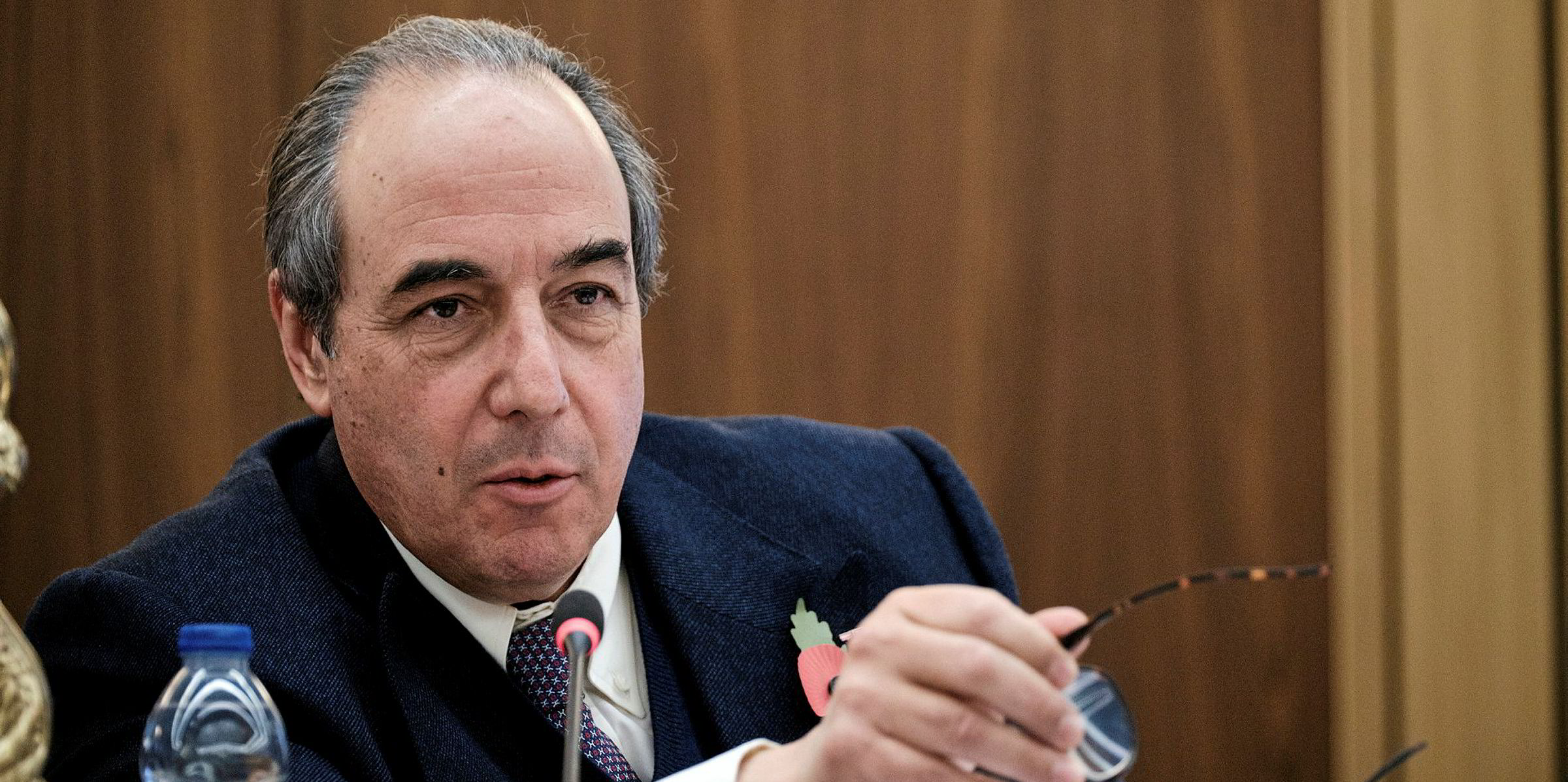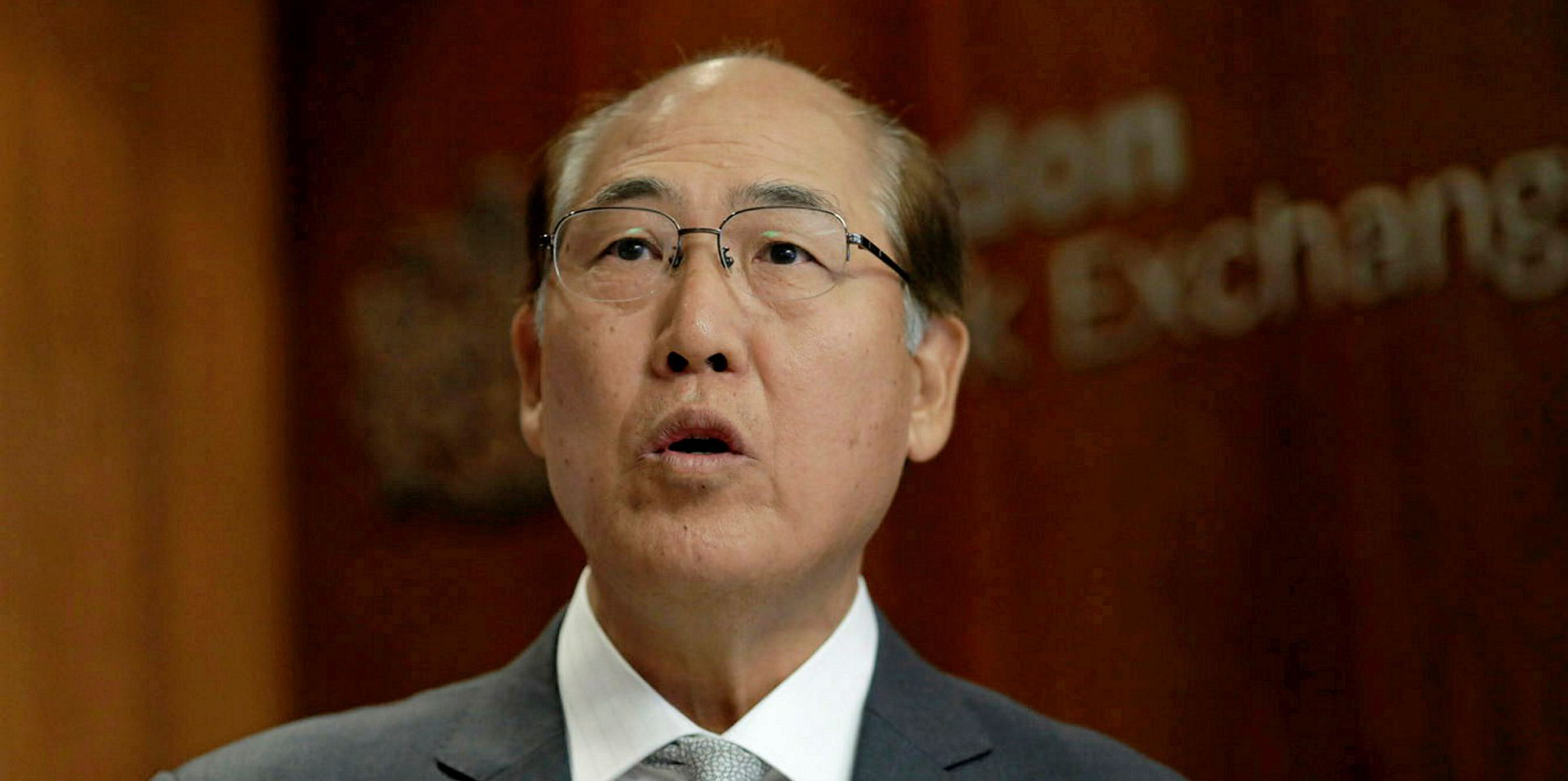GasLog has been able to carry out only one-third of the crew changes it normally makes in the past three months.
Chief operating officer Paolo Enoizi said the company has been able to change only about 230 crew members during this period as a result of coronavirus restrictions.
“It is the amount of effort it has taken us to do this,” he told TradeWinds after the LNG shipowner issued its first environmental, social and corporate governance (ESG) report.
GasLog began making crew changes in South Korea a month ago, with 14-day quarantines in home and arrival countries and very few flights. This means it is planning crew changes one month in advance, when it is not even sure whether the ship is going to get there.
The company has now carried out crew changes in Singapore too, but not before conversations with the authorities there to facilitate this had racked up an exchange of 97 emails.
Frustrated
But the lack of consistency from ports and terminals, often in contradiction of advice from their own governments, continues to be a block.
Enoizi is clearly frustrated that at the peak of the pandemic, there was no recognition of the strain on seafarers.
“There are ... one million people on board ships that are now over-extended by three to four months,” he said.
“If one factory in a developed country had 100 workers staying on continually for a month, it would make headlines everywhere. Here you have one million, and no one, or very few, care about this. It’s absurd.”
GasLog head of sustainability Richard Sadler, who is Enoizi’s predecessor as chief operating officer, said there has now been recognition that seafarers are key workers in the world economy.
'We are getting out of it, but very, very slowly'
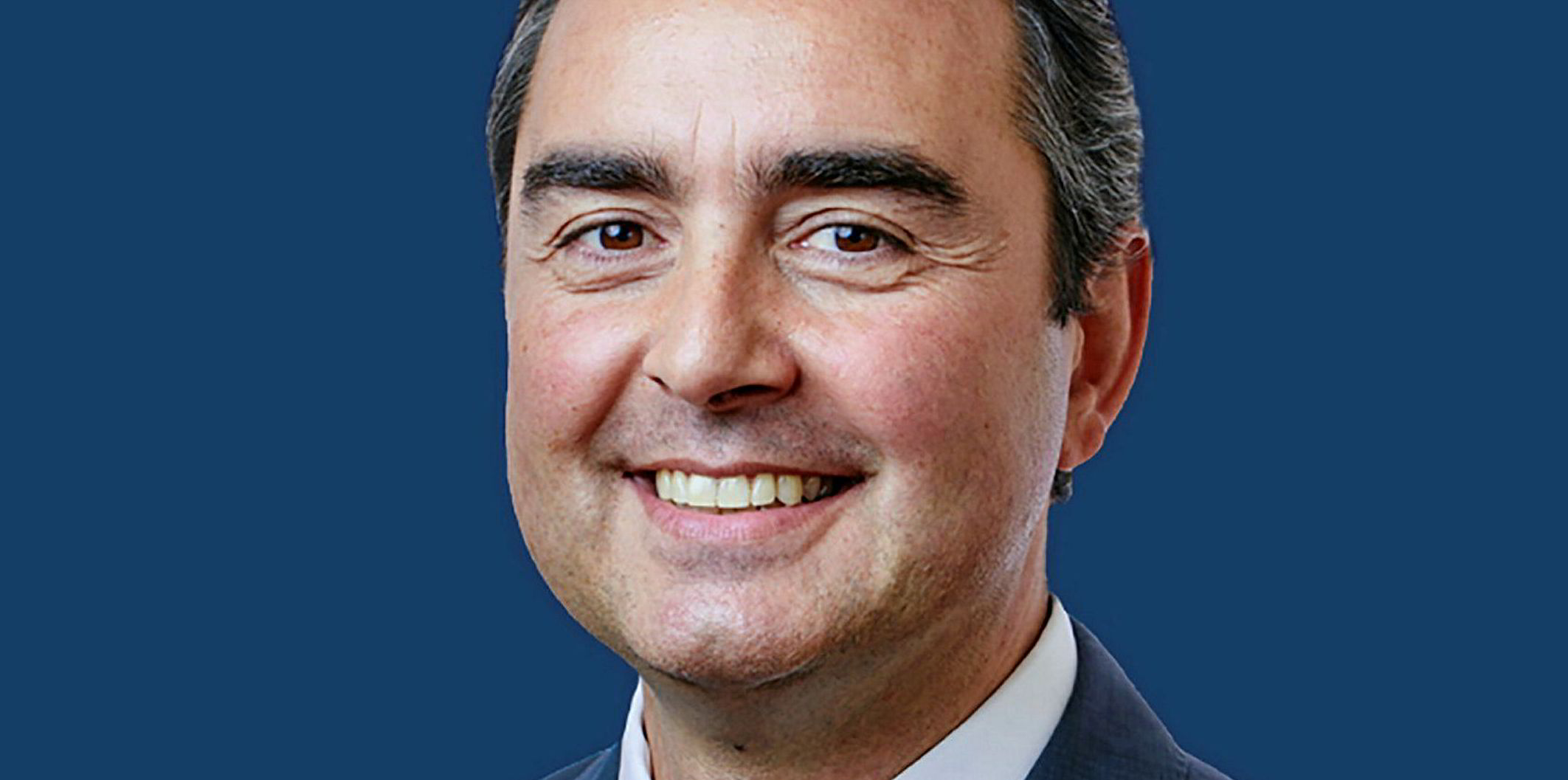
“That message needs to be constantly promoted,” he emphasised.
Enoizi rates the current situation as “suboptimal”, grading it down at a C+, but said the outlook is positive: “We are getting out of it, but very, very slowly.”
Enoizi was talking after finishing one of the weekly calls that GasLog management has been making with its LNG carriers in lieu of regular ship visits during the pandemic lockdown.
“This is now the most critical situation — being able to manage our people onboard, make sure they are still well, that they can function in a safe manner and that their worries are taken care of,” he said.
GasLog, which shifted its team to Athens last year, is also concentrating on its shoreside staff. It locked down on 14 March and reopened its office with 50% of staff from 1 June.
It wants to be sure it does not lose the lessons it has learned over this period and has interviewed all its employees to record their ideas about how it can become a better company.
Caring for its sea and shore-based staff is a key topic in GasLog and GasLog Partners’ first sustainability reports, made public last week.
'Uniqueness and transparency'
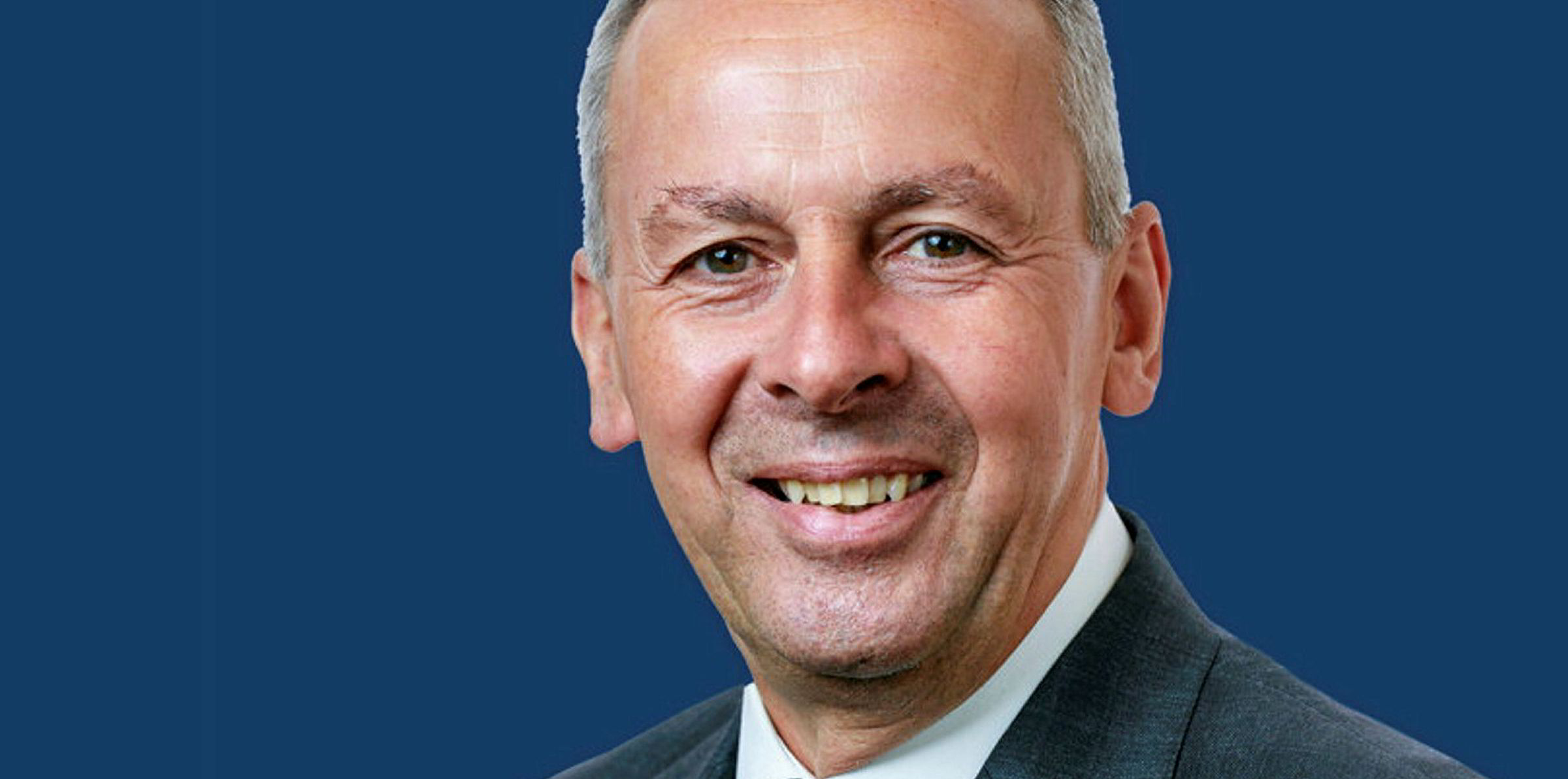
Sadler pinpointed three main drivers in producing the reports:
■ Conversations with investors, especially those in the US, which made it clear that ESG was becoming a major topic;
■ The European Union’s green deal and the regulations around sustainable financing;
■ The IMO’s emissions targets, coupled with the company’s efforts to look at what technology to invest in for its next generation of LNG carriers.
Sadler estimated that he spent four months producing the two 24-page reports, starting on them in November last year after handing over the chief operating officer reins to Enoizi.
GasLog was offered help by large consulting firms, but Sadler said: “If we couldn’t explain our own story in an industry we know as well as anybody, then that would be a poor reflection on GasLog as a company.”
Sadler compared GasLog’s report with those of other companies.
“I think ours has a uniqueness about it and a transparency that perhaps you don’t see in others,” he said. “There is a level of strategic description in there, rather than a statement of fact.”
Honest
The reports include detailed road maps on the status of all of the company’s initiatives. Sadler said GasLog has been “very honest” on where it needs to improve.
“In some ways, it [the reports] was initiated by investors, but then it became an integral part of our strategic planning,” he said.
Enoizi described the reports as “an evolution ... not something disconnected from what we do and forgotten from year to year”.
“It is part of the objectives for everyone,” he said.
